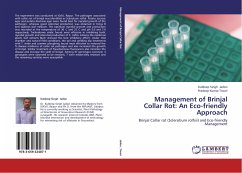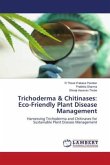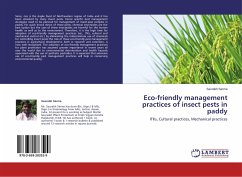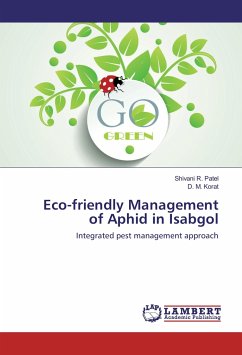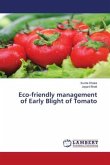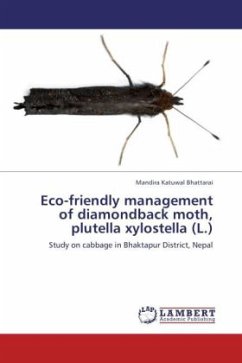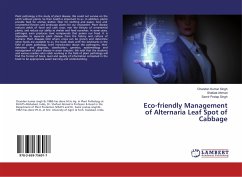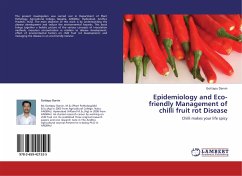The experiment was conducted at IGAU, Raipur. The pathogen associated with collar rot of brinjal was identified as Sclerotium rolfsii. Potato sucrose agar and potato dextrose agar were found best for mycelial growth of the pathogen, whereas good sclerotial production was obtained in Kings B and soybean leaf medium. The optimum mycelial growth and production was recorded at the temperature of 30 C and 25 C and pH 5.0 and 7.0 respectively. Trichoderma viride found most effective in inhibiting both mycelial growth and sclerotial production of S. rolfsii. Among the medicinal plants leaf extracts Buch showed the best inhibitory effect. Under mist chamber and natural field conditions, the soil and seedling dip treatments with T. viride and summer ploughing found most effective to reduced the % disease incidence of collar rot pathogen and also increased the growth of brinjal. Similar treatment of Pseudomonas fluorescens also minimize the disease and increase the yield of brinjal. Among 67 genotypes screened, 3 genotypes were observed to be resistant, 7 were moderately resistant and the remaining varieties were susceptible.

